Human Rights Violations Around the World
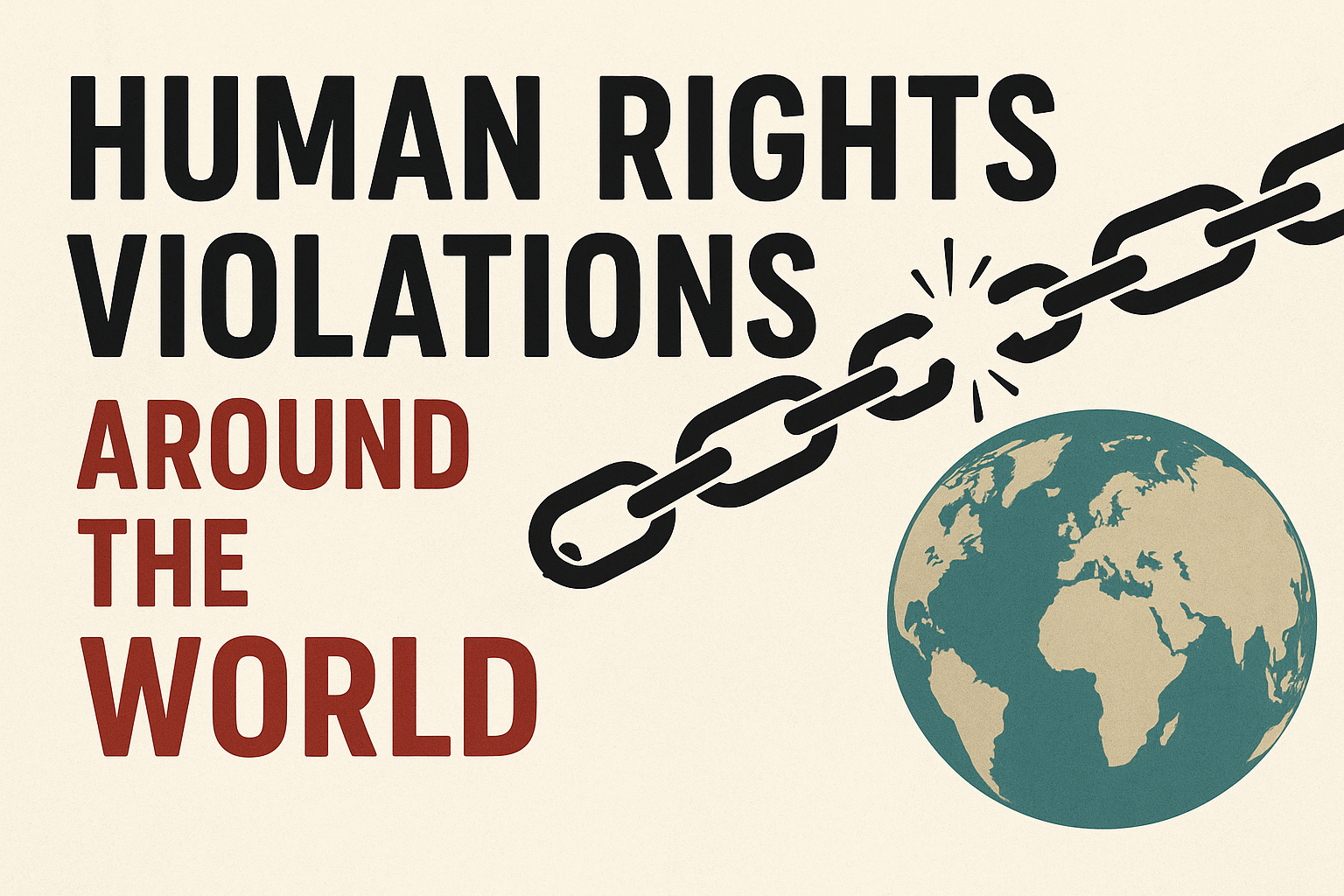
Introduction
Human rights are the basic rights and freedoms that belong to every person, regardless of race, religion, gender, or nationality. These include the right to life, freedom of speech, equality before the law, and access to education and healthcare. Unfortunately, even in the 21st century, violations of these rights continue to take place across the globe. From armed conflicts to political oppression, millions of people suffer daily because their fundamental rights are denied.
This article will explore some major types of human rights violations, their causes, and how the world can work together to ensure dignity and justice for all.
Common Types of Human Rights Violations
-
Political Oppression
In many countries, freedom of speech and political participation is restricted. Journalists, activists, and ordinary citizens face harassment, imprisonment, or even death for speaking against government policies. Such repression silences voices that are essential for democracy.
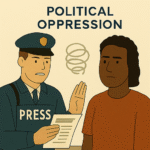
Discrimination and Inequality
Racism, gender discrimination, and religious intolerance remain widespread. Minority groups often face unfair treatment in employment, education, and access to justice. Women in some regions are still denied basic rights such as education or freedom of movement.
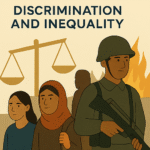
-
Armed Conflicts and War Crimes
Wars and conflicts lead to mass displacement, torture, and the targeting of civilians. Refugees and displaced populations frequently suffer from lack of shelter, food, and medical care. In addition, war crimes such as the use of child soldiers and attacks on hospitals represent severe human rights violations.
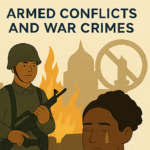
-
Exploitation and Forced Labor
Millions of people, including children, are forced into labor under harsh and unsafe conditions. Human trafficking also continues to be a global crisis, where vulnerable individuals are exploited for profit.
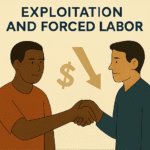
-
Suppression of Freedom of Religion
In some parts of the world, individuals are persecuted for practicing their faith. Religious minorities often face discrimination, violence, and restrictions on their places of worship.
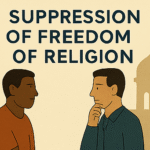
Causes Behind Human Rights Violations
Human rights violations often stem from multiple, interconnected causes:
-
Authoritarian governments that suppress dissent and free expression.
-
Poverty and inequality, which make marginalized groups more vulnerable.
-
Conflict and instability, creating environments where laws and rights are ignored.
-
Lack of accountability, where perpetrators of abuse go unpunished.
Global Efforts to Address Human Rights Issues
The international community has developed laws and organizations to protect human rights. For example:
-
The United Nations (UN) plays a vital role in monitoring abuses and pressuring governments to act responsibly.
-
The Universal Declaration of Human Rights (1948) remains the cornerstone of international human rights law.
-
Non-governmental organizations (NGOs) like Amnesty International and Human Rights Watch highlight cases of abuse and support victims.
However, despite these efforts, challenges remain. Political interests often prevent effective global action.
What Can Be Done?

-
Strengthening international laws: Countries must be held accountable for violations, regardless of power or influence.
-
Raising awareness: Media and education can play a key role in exposing injustices.
-
Supporting victims: Refugees, oppressed minorities, and survivors of violence need protection and rehabilitation.
-
Promoting equality: Every nation must work to eliminate discrimination and ensure equal opportunities for all.
Furthermore, it is important to recognize that silence in the face of injustice allows violations to continue unchecked. When governments, institutions, and even individuals choose to remain passive, oppressors gain more strength and victims lose hope. On the other hand, active resistance—through raising awareness, supporting advocacy groups, and demanding accountability—creates real change. Moreover, global cooperation plays a vital role. Countries must work together by enforcing international laws and applying pressure on violators to respect human rights. By standing united, the world can move toward a future where justice, dignity, and equality are not privileges but universal rights.
Conclusion
Human rights are not privileges; they are basic entitlements that every individual deserves. Yet, millions of people continue to live without them. While the world has made progress in promoting freedom and equality, much work remains to be done. By raising awareness, holding violators accountable, and promoting justice, we can move toward a future where dignity and respect are guaranteed for all humanity.

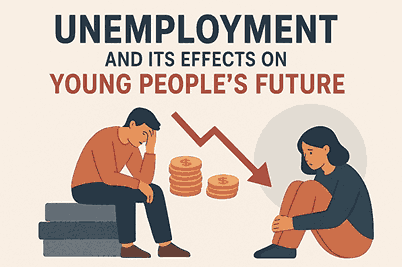
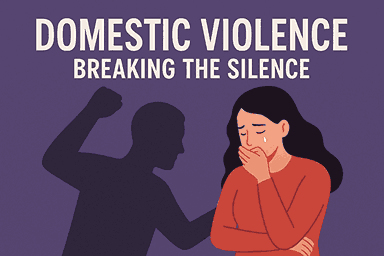
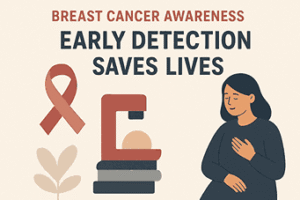
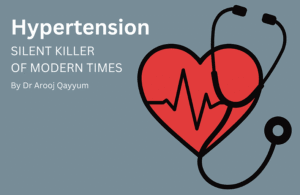
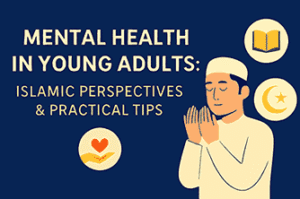

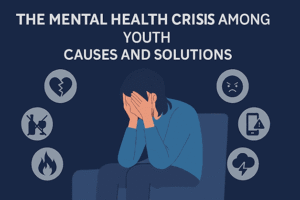
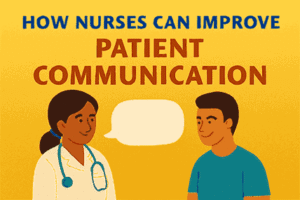

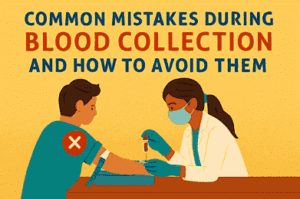

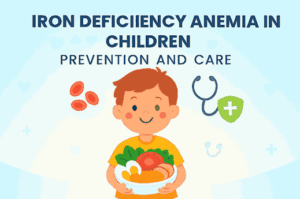
Post Comment